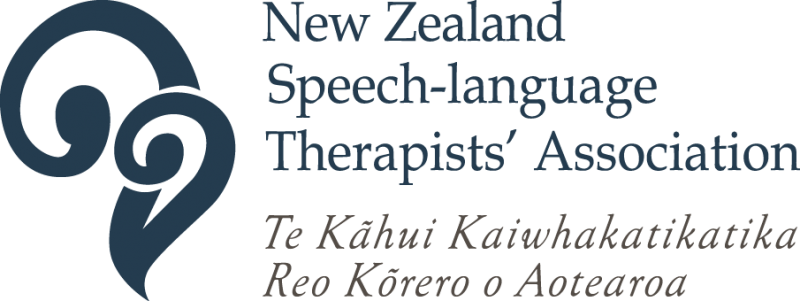
NZSTA Fights for Unfettered Access to Speech-language Therapy
The New Zealand Speech-language Therapists' Association (NZSTA) is deeply troubled by the changes Whaikaha, the Ministry for Disabled People, has made to the Purchasing Rules for disability support funding.
Effective Monday, March 18, 2024, Whaikaha has changed how individuals can utilise their disability support funding.
The changes affect Individualised Funding, Enhanced Individualised Funding, Choice in Community Living, Personal Budgets, and Carer Support.
Whaikaha says the changes will not reduce the total amount of funding allocated to disabled individuals or carers.
But NZSTA says they will still have significant implications for disabled individuals and their families.
The association says stipulating what can be bought with disability support funding potentially creates unacceptable gatekeeping of essential supports and services crucial for the well-being and independence of disabled individuals.
“These changes could effectively restrict a person’s essential healthcare rights,” says the co-president of the NZSTA, Emma Quigan.
“They may mean that a disabled person can no longer engage a speech-language therapist, for example, because a government agency has turned down that support.”
Quigan says individual needs, not administrative barriers, should determine access to speech therapy.
The NZSTA understands every dollar spent must generate maximum value for disabled people.
However, it is essential to balance this objective with the diverse needs and aspirations of individuals with disabilities.
The Association urges Whaikaha to consult carefully with disabled people and tāngata whaikaha Māori to ensure their voices are heard and their needs adequately addressed.
The NZSTA also wants Whaikaha to reconsider these changes' impact and work collaboratively with stakeholders to find solutions that uphold the rights and dignity of disabled individuals across New Zealand.
“The criteria outlined by Whaikaha for using disability support funding, including the emphasis on supporting individuals in living a good life and the principles of reasonableness and cost-effectiveness, are commendable,” Quigan says.
“However, we must ensure these criteria do not inadvertently create barriers to accessing vital supports and services.”
As an organisation committed to advocating for the rights and well-being of individuals with communication and swallowing difficulties, the NZSTA stands ready to contribute to this dialogue and support the needs of our diverse community.
